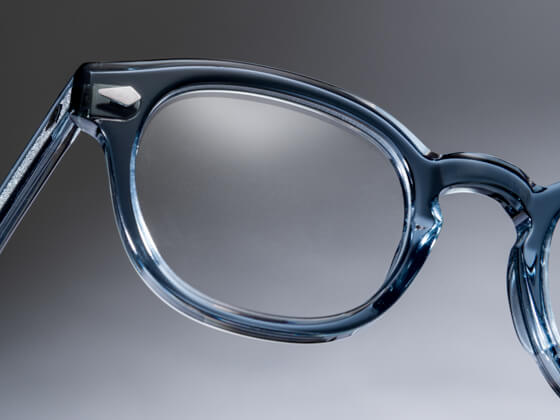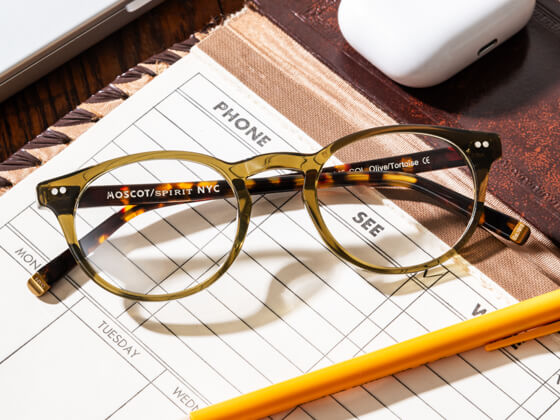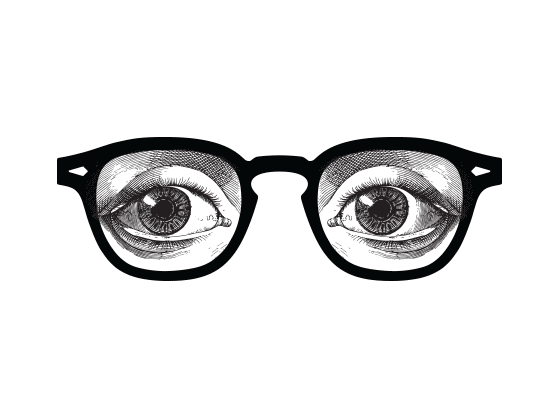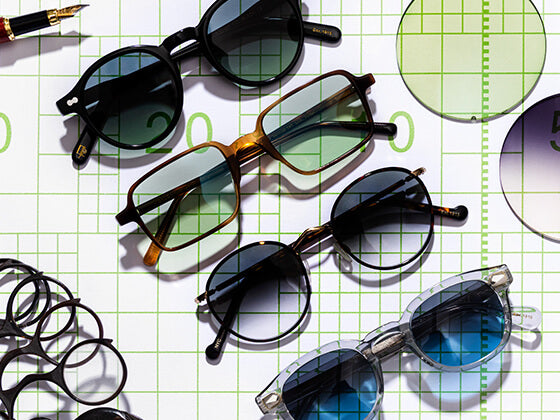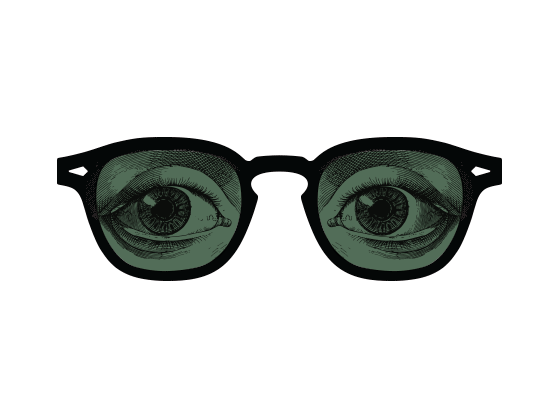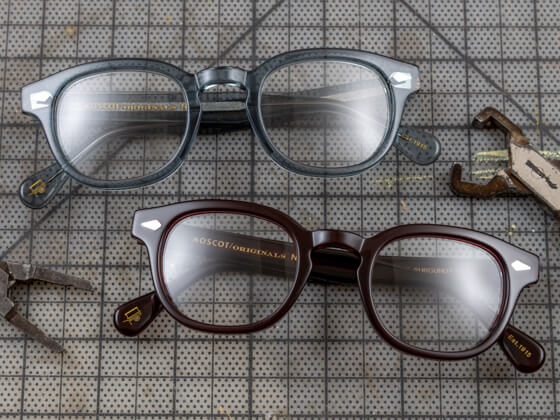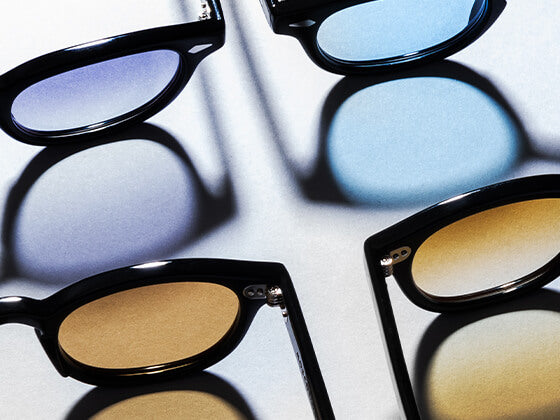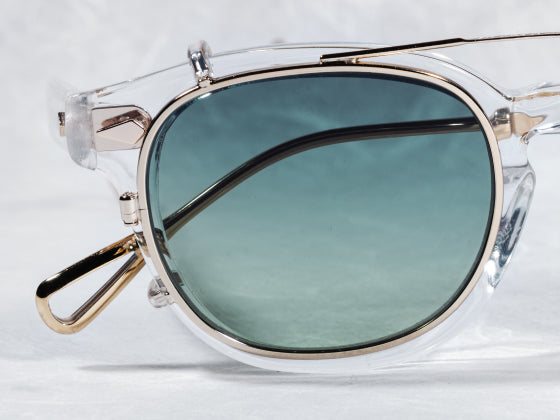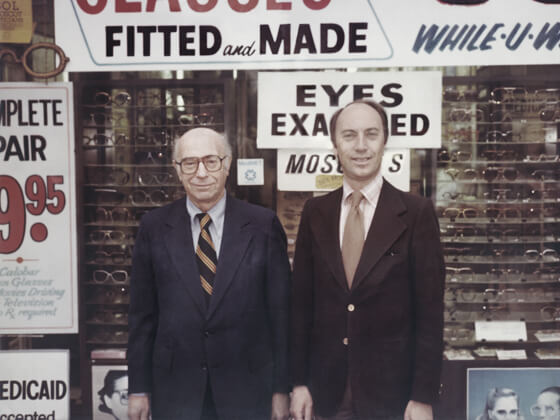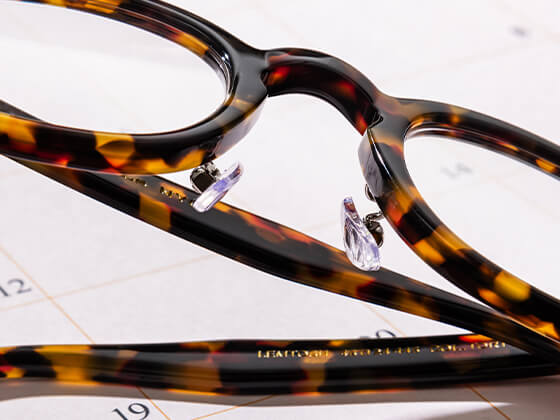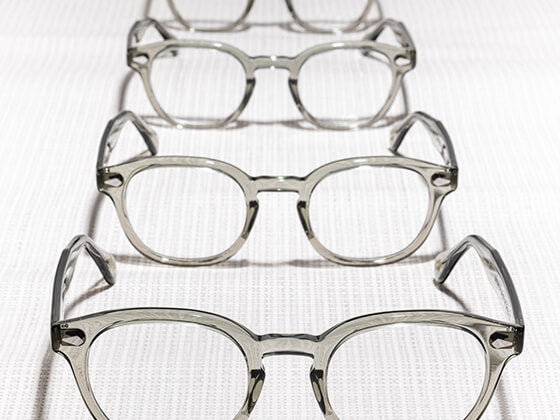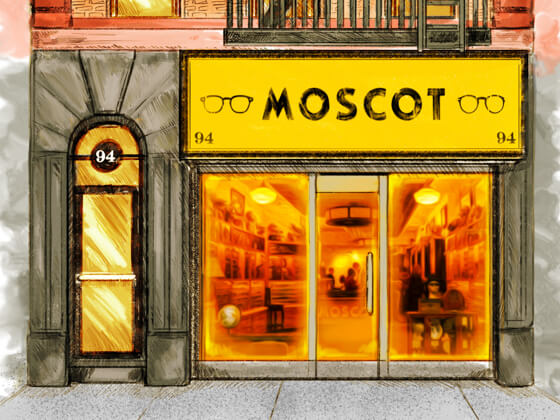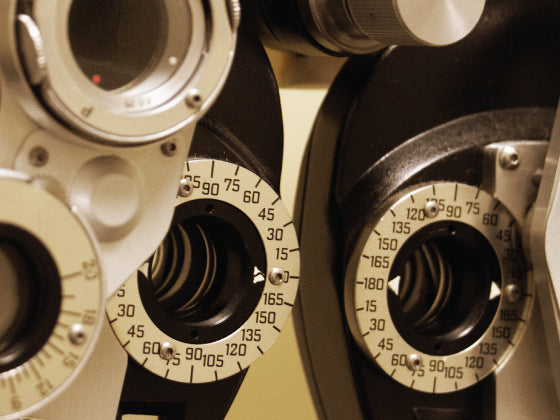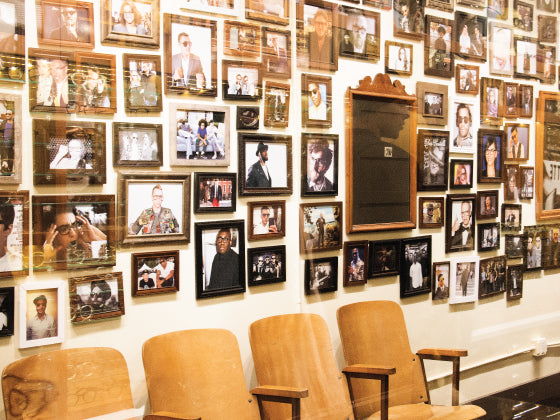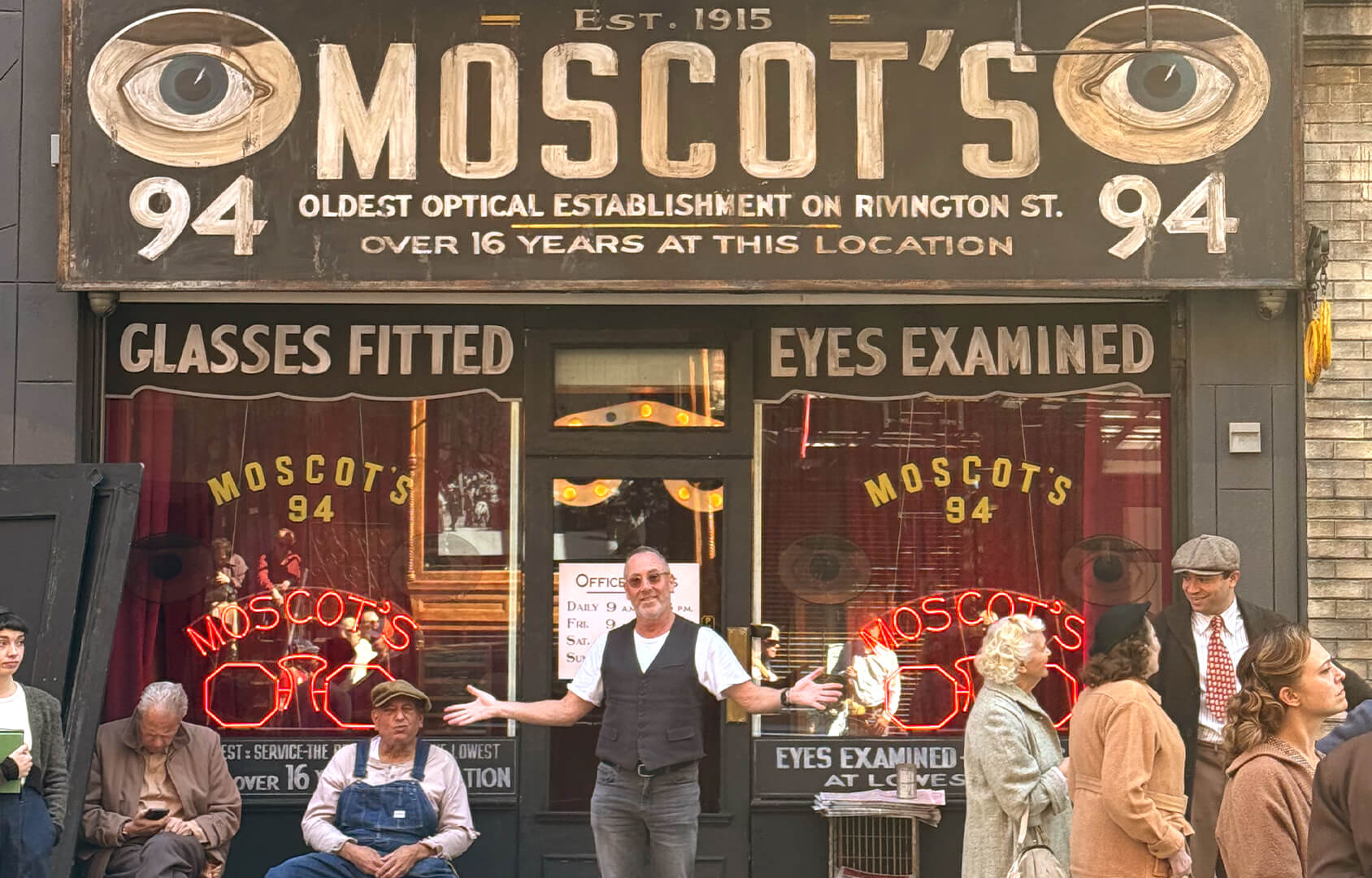Considering blue light glasses? Check out our guide to blue light glasses to learn everything you need to know about blue light blocking glasses!
Everything You Need to Know About Blue Light Glasses
Your vision is our concern, and that goes beyond prescriptions. Glare from digital screens can be an ongoing issue for many people. Whether we like it or not, the truth is our world is full of screens! Between cell phones, computers, tablets, and TVs—oh my!—most people spend a large portion of their day staring directly into a digital screen. Whether it be for work, fun, or just to pass the time, all this screen time can start to take a toll on the eyes, leading to eye strain, eye fatigue, sleep disruption, and even headaches.
To help combat the negative effects of all this screen time, many people are beginning to wear blue light filtering glasses. Maybe you’ve heard of blue light glasses before, seen a work colleague use a pair, or have even tried ‘em on yourself. Or maybe, you’re entirely new to the world of blue light glasses. Either way, you probably have some questions: How do they work? What do they do? Where can I find the most stylish blue light glasses on the market?
Well, look no further! In this guide, we’ll answer all your questions about blue light glasses so that you have all the information you need to help you find the perfect pair.
What Are Blue Light Glasses?
Blue light glasses, or blue-light blocking glasses, feature specially designed lenses that filter out blue light from digital screens, helping to reduce eye strain during prolonged screen time. These lenses filter out high-energy visible light and help eliminate glare by providing a protective layer.
What is Blue Light?
As part of the visible light spectrum, high-energy blue light comes from both the sun and artificial light sources, like digital screens. Fourth-generation and Doctor of Optometry, Dr. Harvey Moscot, says: “Over-exposure to this high energy blue light from computers and other digital devices can lead to symptoms such as eye-strain, headaches, and sleep disruption.”
According to The Vision Council, 80% of American adults report using digital devices for more than two hours per day, with nearly 67% using two or more devices simultaneously. 59% report experiencing symptoms of digital eye strain.
From TVs and tablets to computers and phones, we’re constantly exposing ourselves to high-energy blue light. The more time spent in front of digital devices, the more work the eye must do to focus on the changing images from the flicker, contrast, and glare of the screen, resulting in eye strain.
How can you reduce the impact of blue light?
We all use tech every day, whether we’re sitting at a computer for work, using a smartphone, or even just watching TV. These things can all cause blue light overexposure. To reduce the impact of blue light, you should:
-
Cut down screen time. The simplest way to minimize the impact of blue light is to limit the amount of time spent looking at screens. If you work on a screen, take regular breaks away from your desk to rest your eyes. To ensure your eyes and body are prepared for sleep, you should also try to limit the amount of time spent looking at your phone and watching TV in the hour before bed.
-
Adjust your settings. Most screens and phones come with a ‘blue light’ option that you can automatically activate in the evening. This means your digital devices emit less blue light at night, helping to reduce the effects on your body.
-
Work in well-lit spaces. If you’re working on screens, ensure you’re working in a well-lit room. If the area you’re in is too dim, the contrast with your screen can increase eye fatigue.
-
Try blue light glasses. Blue light glasses filter out the glare and blue light from screens, helping to reduce the effect on your eyes. They're a great option if you work on screens or struggle to reduce your time on digital devices.

Do blue light filter glasses work?
Yes, blue light glasses are proven to filter out blue light, helping to reduce glares and making a better overall experience for anyone using a digital screen
Can You Wear Blue Light Glasses with Contacts?
Yes! MOSCOT blue light glasses are ready-to-wear with no prescription necessary. Therefore, if you wear contact lenses, you can put on a pair of blue light glasses as well. That way, you get all the benefits of blue light glasses without sacrificing your eyesight!
Looking for a blue light solution for your eyeglasses? We also offer clip-on blue light lenses that can be easily affixed to your prescription MOSCOT eyeglasses. Simply attach the blue light clip-on lenses to your MOSCOT eyeglasses whenever you sit down in front of a digital screen.
Classiconic™ Blue Light Glasses from MOSCOT
If you’re looking for a stylish pair of blue light glasses, we offer a wide range of options in our most popular styles! Explore our complete selection of blue light glasses, in classic and iconic styles including LEMTOSH, MILTZEN, ZOLMAN, and FRITZ, among many more.
We also offer a selection of clip-on blue light lenses for those who already wear MOSCOT eyeglasses but want the additional benefit of blue light-blocking glasses.
Whether you’re in the office, working from home, or just bingeing your favorite TV show, MOSCOT blue light glasses are the iconic eyewear you need to look stylish while also preventing eye strain and fatigue, it’s a win-win!
Sight is precious! Visit a
MOSCOT Shop or
shop here to find Digital Relief blue light glasses for all multimedia devices!


